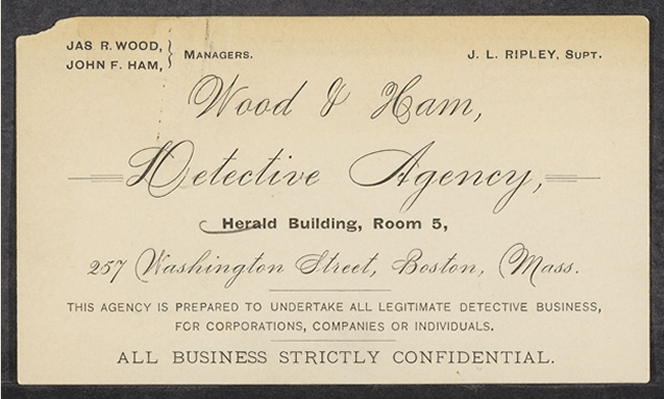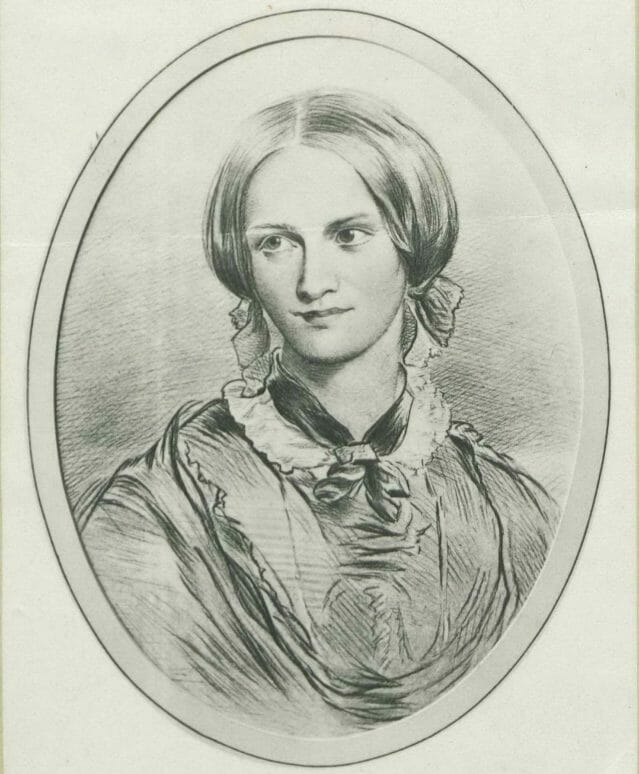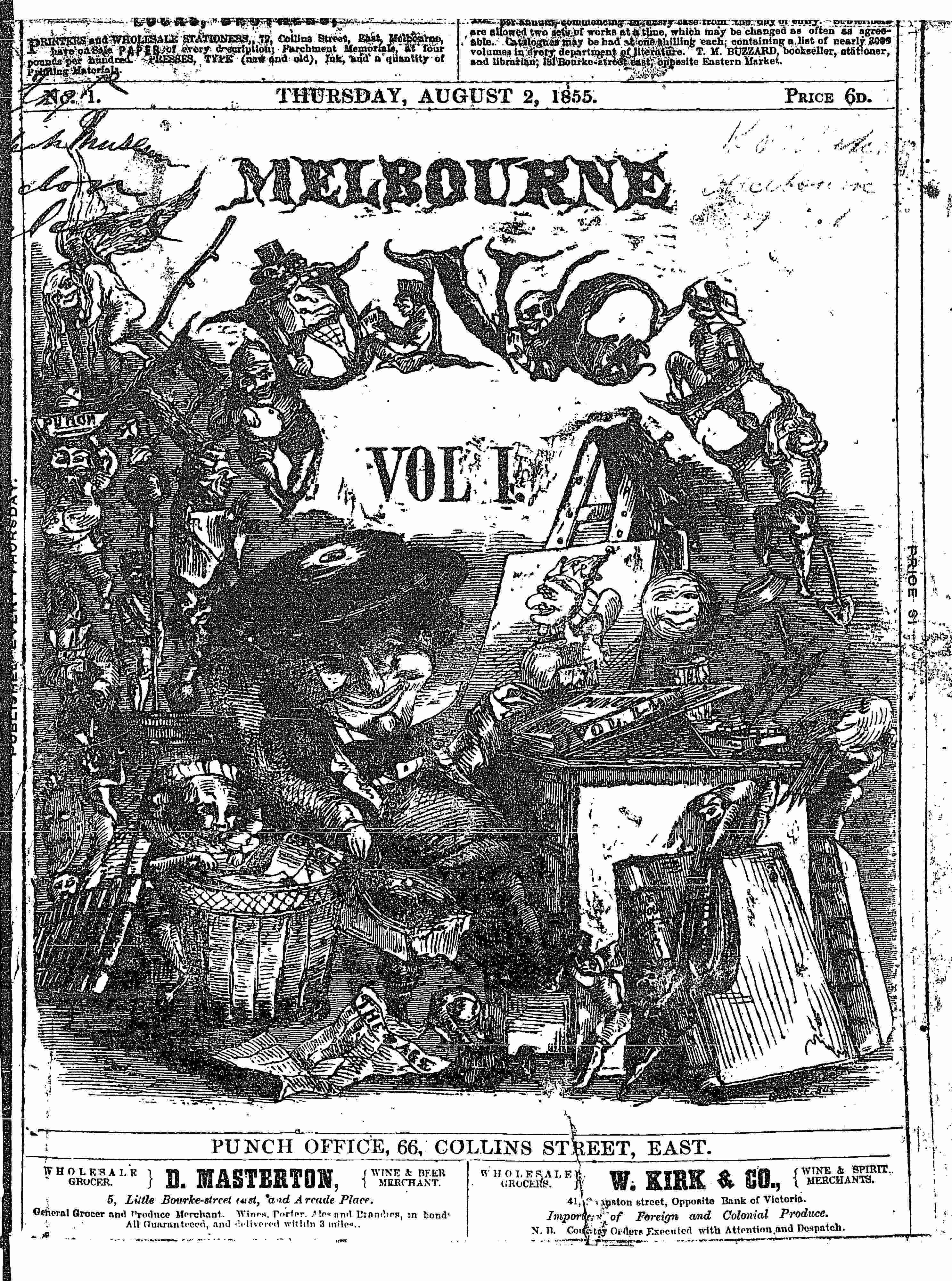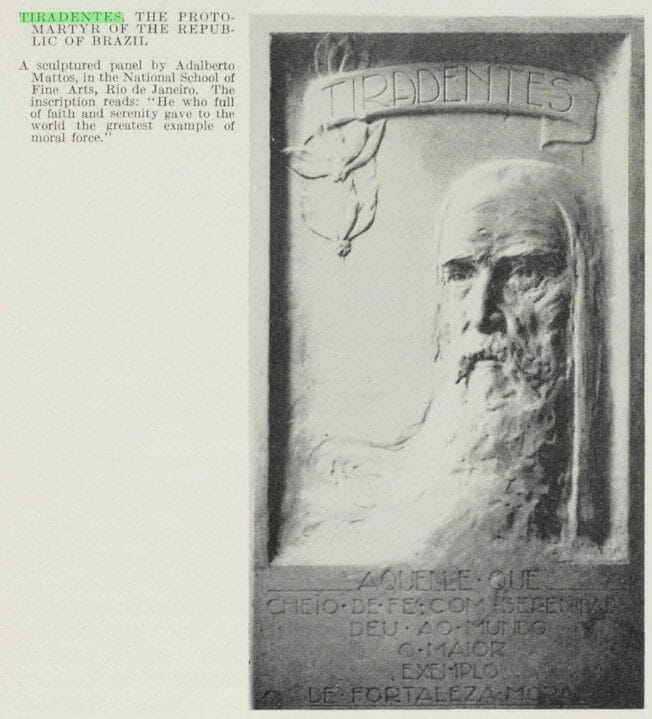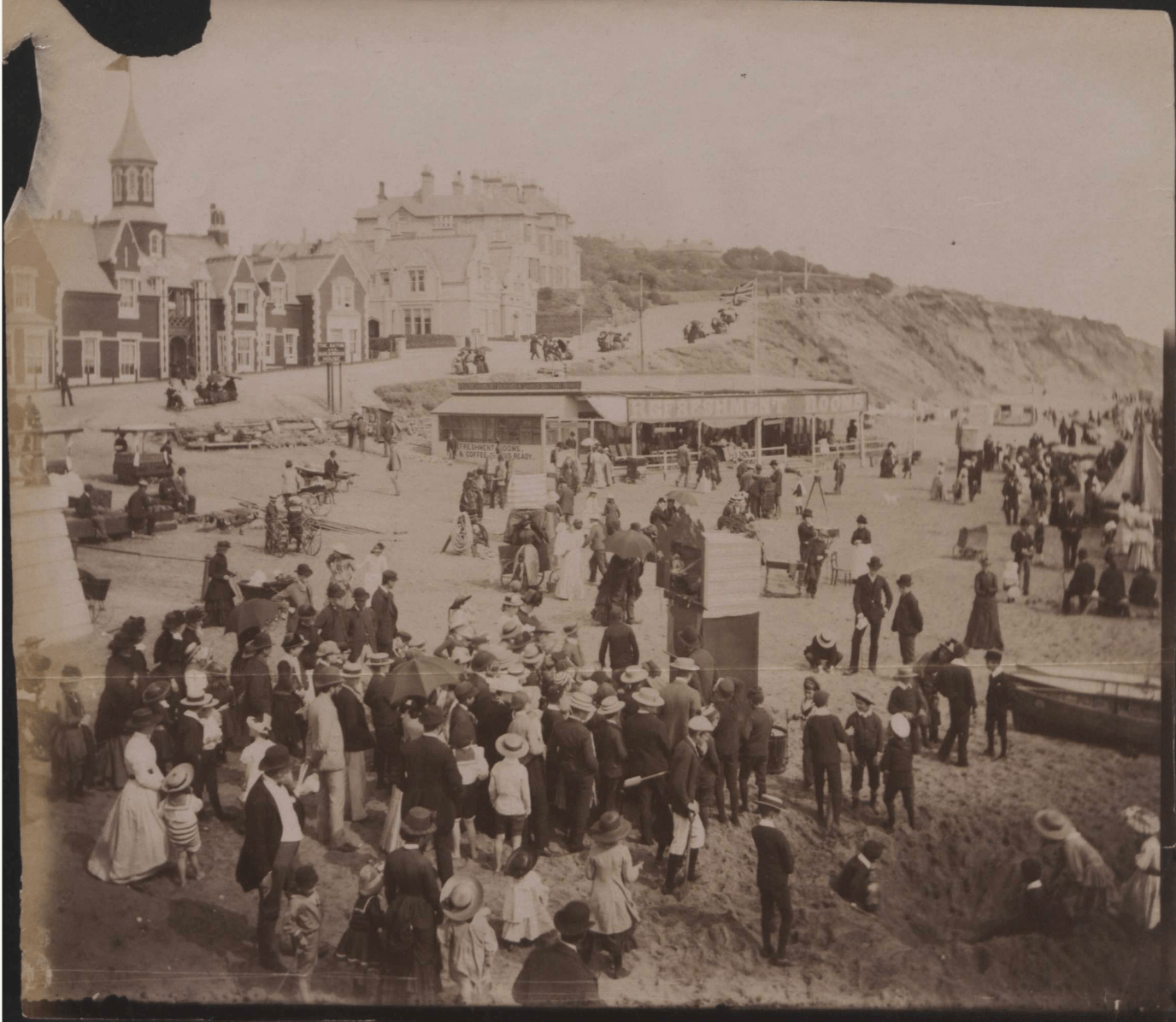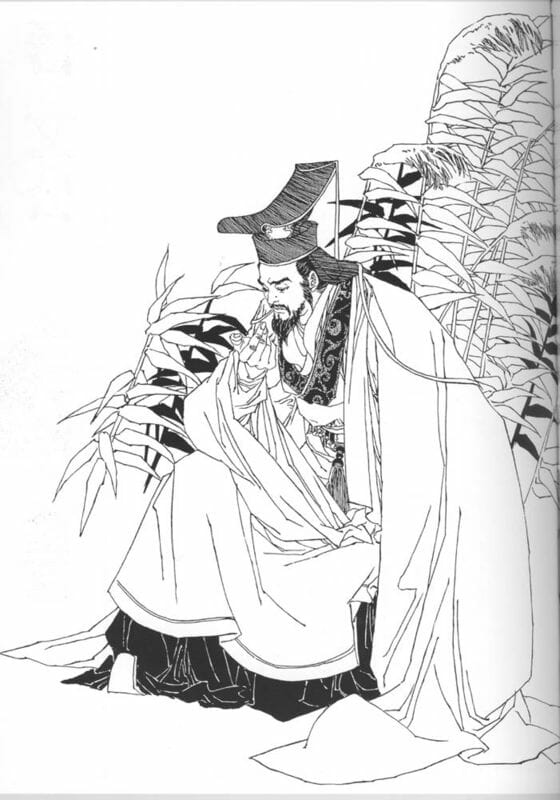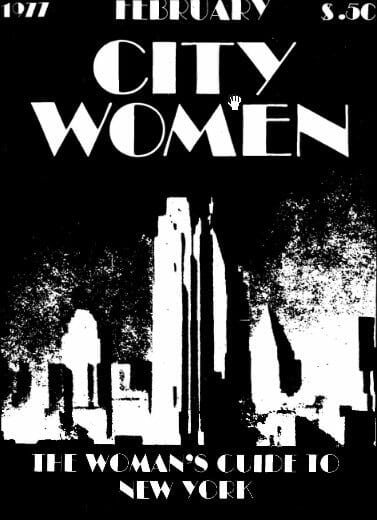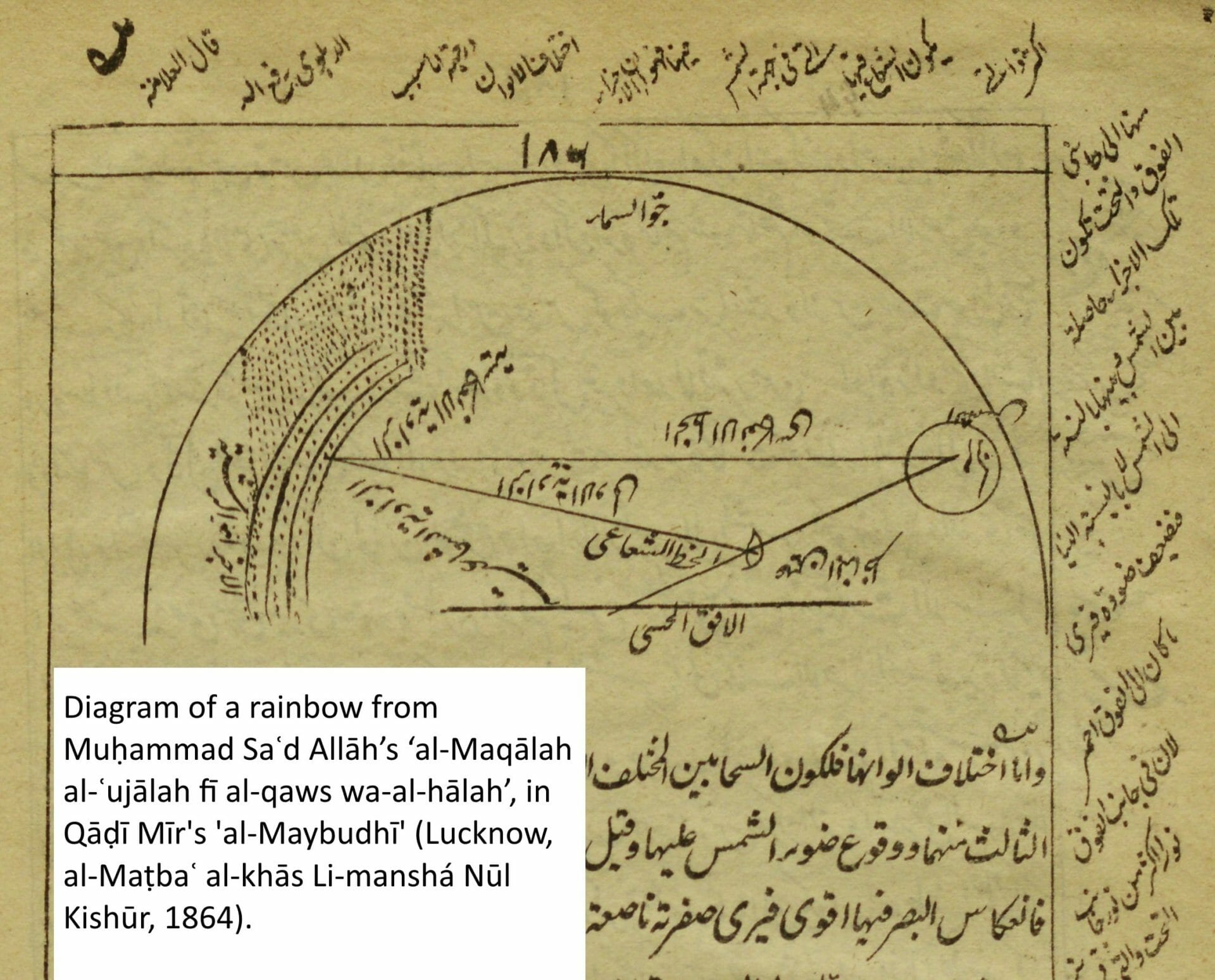By: Dr. Dallas Liddle, Associate Professor and Chair of English, Augsburg College
Marshall McLuhan is supposed to have said that “the content of a new medium is always an old medium.” He intended the observation as wry cultural criticism, but as a literary historian I am grateful every day that so many new research media are now brimming with the contents of great past media: newsstands, theatres, libraries, music halls, stereopticons, and magic lantern shows. Lately I have started to hope that the benefits of these research tools may go far beyond the convenience of having so many original texts, images, and artifacts instantly available. New methods of “data-mining” using database archives, if we do them creatively and well, may help researchers better understand how the old media forms themselves worked and developed.
The hope grows from recent experience. I started “data mining” the Gale Times Digital Archive not long ago, after struggling for nearly twenty years with questions about Victorian newspapers that traditional archival research had been unable to answer.


